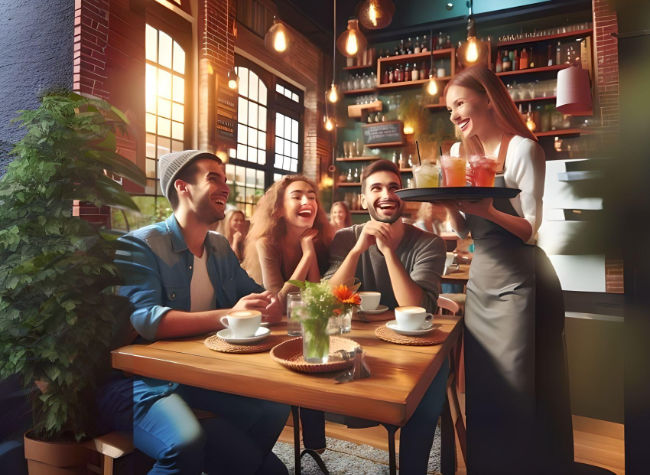Edited. Originally written February 2024
First, let’s hear from a couple people who want to see the price of service being built into the meal
“Tipping culture perpetuates an exploitative system where restaurant owners can underpay workers and shift responsibility to customers instead of providing living wages.”
College Student #2:
“I hate how tipping creates this weird power dynamic where servers have to perform emotional labor and tolerate inappropriate behavior just to earn what should be their basic salary.”
And now for my perspective
I hear annoyance and frustration that tipping is a common practice in some places. It also sounds like you see tipping having an overall negative economic impact on workers, which is frustrating because you value fairness. It sounds like – in your experience – you do not see the practice of tipping improving service or having any positive effects.
Normally, in a “real life” conversation, I’d ask all of the above as questions to be sure I am correctly interpreting your assertions, before continuing.
In my travels through Europe (and 4 years living there), one thing I noticed at cafes and restaurants, in comparison to the US, was the service. It was on a whole other level. I don’t know if it is fair to call it “bad” there or better here or to just say that service – on average – in the US in both cafes and restaurants has in my experience been on a completely different level with more joy, consideration, and connection. Can we say for sure that tipping is the reason? No. I do suspect it is a big part of the equation.
One thing I’ve enjoyed over the years is hosting couch surfers (couchsurfing.com) from Europe and Asia. They’d come and spend time in my guest room for a few days. I love showing them around Austin, including my favorite cafes and restaurants. Without fail they would comment on how amazing the service was.
Personally, I don’t like the service fee being built into the cost of the meal because I see them as separate items and I prefer having more choice. I love being the “tipper” because it allows me to choose how much I wish to award thoughtful, attentive service. It gives me a good feeling to “over-tip” a bit because I can influence another person’s life in a positive way. Maybe it comes from being homeless with my mom as a child drifting from city to city, her taking on odd jobs as waitress or bar maid. I remember how often she would come home from work and dump a jar of coins on the mattress we shared on the floor. How fun it was to count the monies!
What do you think?










Recent Comments